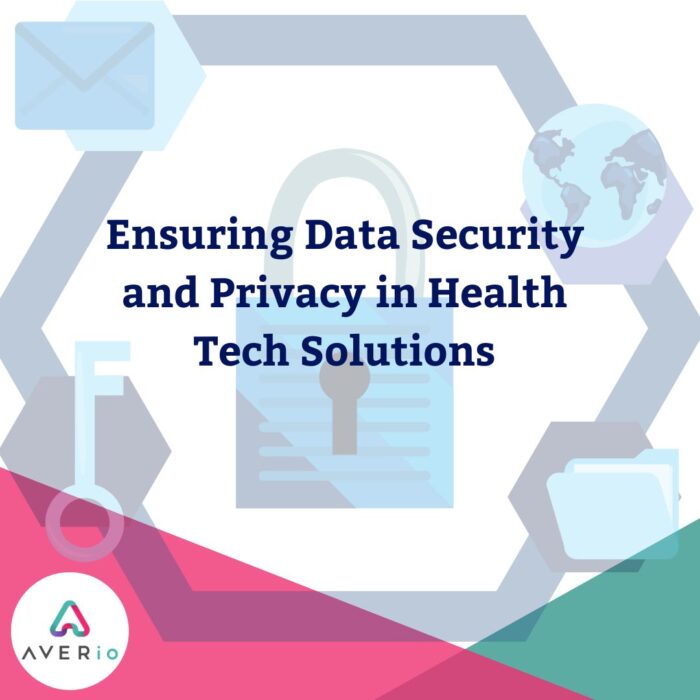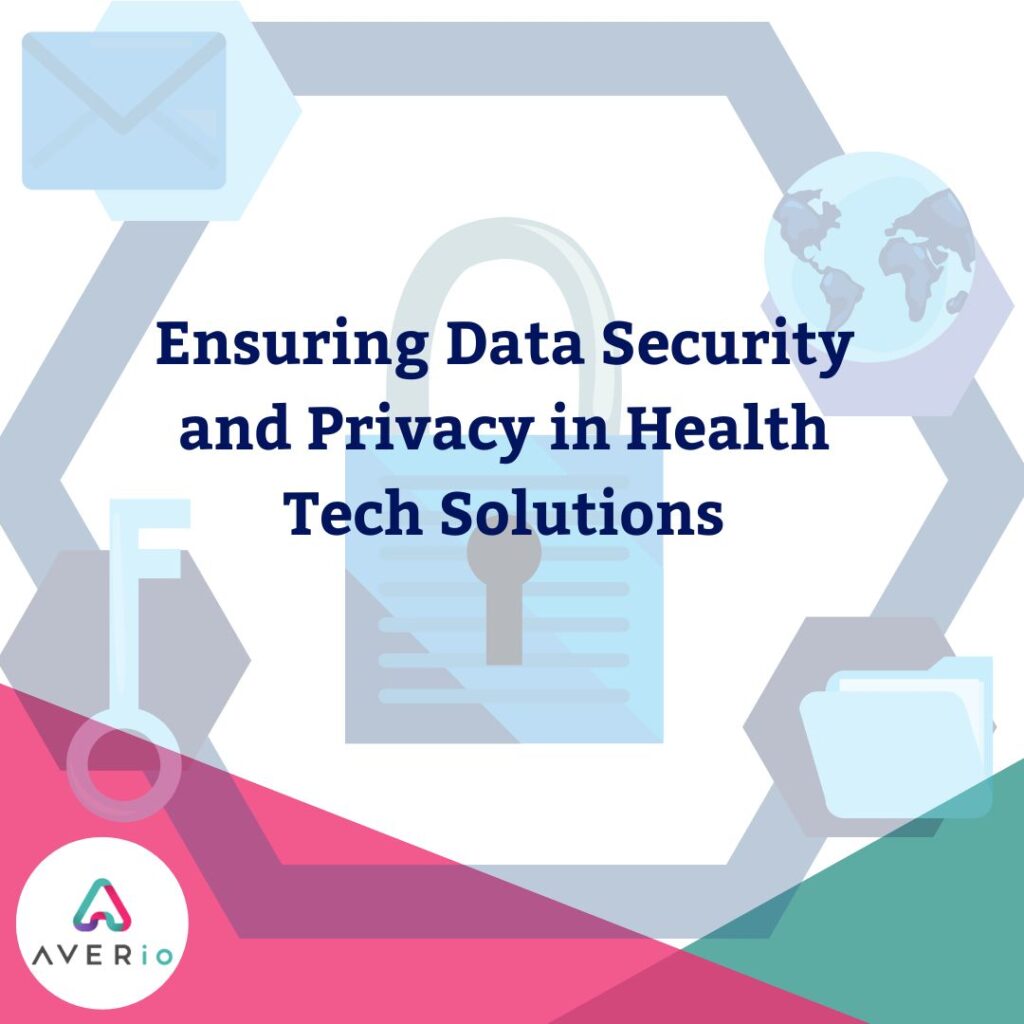
The widespread adoption of health-tech solutions such as electronic health records (EHRs), telehealth platforms, and wearable gadgets has proclaimed a new era in healthcare. While these advancements have many advantages, they also pose serious issues about data security and individual privacy. In this post, we will look at why it is vital to ensure data security and privacy in health tech solutions.
Safeguarding Sensitive Personal Data
Personal data, which includes medical records, diagnostic information, and personal information, is among the most sensitive and protected. To safeguard this data from unauthorised access, breaches, and cyberattacks, health IT systems must apply strong security measures. To protect personal information, encryption, access controls, and intrusion detection systems must be implemented.
Data Protection Regulations Compliance
Stringent data protection standards, such as the General Data Protection Regulation (GDPR), must be met by health tech solutions. These rules impose stringent limits on the collection, storage, and exchange of personal data. Noncompliance can have serious legal and financial ramifications.
Data Transmission Security
To prevent interception and unauthorised access, data exchanged between healthcare providers, individuals, and health IT platforms must be properly encrypted. To ensure that data remains confidential while in transit, secure communication protocols such as HTTPS should be employed.
Authentication and Access Control
Access controls and robust authentication techniques must be implemented to limit data access to only authorised users. MFA and biometric authentication technologies, such as fingerprint or facial recognition, improve the security of health IT solutions.
Data Reduction
Data minimization entails collecting only the data required for the intended purpose and retaining it for the shortest possible time. This decreases the danger of data disclosure and guarantees that sensitive data is not retained inadvertently.
Security Audits and Updates on a Regular Basis
Regular security audits and assessments of health technology solutions should be performed to identify vulnerabilities and shortcomings. To address known security vulnerabilities, software updates and patches should be performed on a regular basis. Continuous monitoring and auditing contribute to the system’s integrity.
Ownership of Data and Consent
Individuals must understand and have control over their data. Transparent consent mechanisms should be provided by health IT solutions, allowing individuals to approve or revoke access to their data. Individuals should also be made aware of how their information will be used and shared.
Employee Education
Human mistake is a major contributor to data leaks. To avoid inadvertent data disclosure, healthcare staff and technology solution providers must be properly trained. Employees should be informed on the best practises for safely handling personal data.
Secure Cloud Storage
For data management, many health-tech solutions rely on cloud storage. To protect personal data, cloud providers should fulfil high security and privacy standards and include encryption, data redundancy, and disaster recovery alternatives.
Plans for Incident Response
To address data breaches or security issues as soon as possible, health tech solutions should have well-defined incident response procedures in place. The impact of such occurrences on personal data and trust can be mitigated by a quick and coordinated reaction.
Finally, guaranteeing data security and privacy is critical in health IT solutions. Individuals must have confidence that their private medical information is being handled with the highest care and security. Health tech firms can promote individual privacy and contribute to the continuous advancement of healthcare technology by establishing robust security measures, complying with legislation, and educating stakeholders.
Related Articles

Empowering Next of Kin: Technology’s Role in the NHS and Social Care.
In the National Health Service (NHS) and social care sectors of the United Kingdom, next of kin play an important role in supporting their loved ones’ well-being and care needs. Historically, this responsibility has been fraught with issues such as

Promoting Independence for Older People
As the population ages, the National Health Service (NHS) and the social care sector have become more aware of the importance of promoting independence for older people. Encouraging older people to keep their autonomy and self-sufficiency improves their quality of

Harnessing Technology to Prevent Falls: Advances in the UK NHS and Social Care
Falls among the elderly are a big concern for the UK’s National Health Service (NHS) and social care sector. Falls can have significant repercussions, including injuries, hospitalisations, and a decline in overall health and independence. However, technological breakthroughs provide intriguing
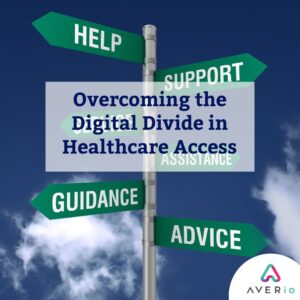
Overcoming the Digital Divide in Healthcare Access
The digital gap, defined as discrepancies in access to and use of digital technology, is a major topic in healthcare. Access to healthcare services and information in today’s digital era frequently relies on digital technologies and platforms. However, not everyone
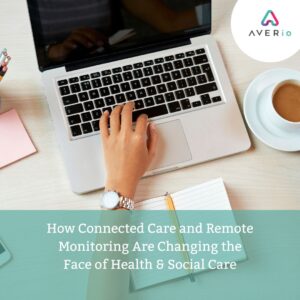
How Connected Care and Remote Monitoring Are Changing the Face of Healthcare
With the introduction of telemedicine and remote monitoring technology, the healthcare environment is undergoing a revolutionary transformation. These cutting-edge solutions are transforming healthcare delivery, making it more accessible, easy, and efficient. In this post, we will look at how connected
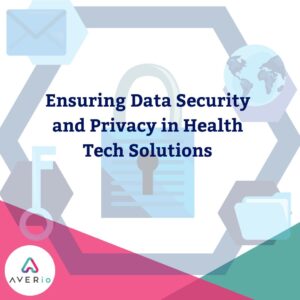
Ensuring Data Security and Privacy in Health Tech Solutions
The widespread adoption of health-tech solutions such as electronic health records (EHRs), telehealth platforms, and wearable gadgets has proclaimed a new era in healthcare. While these advancements have many advantages, they also pose serious issues about data security and individual

